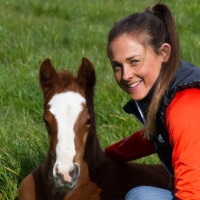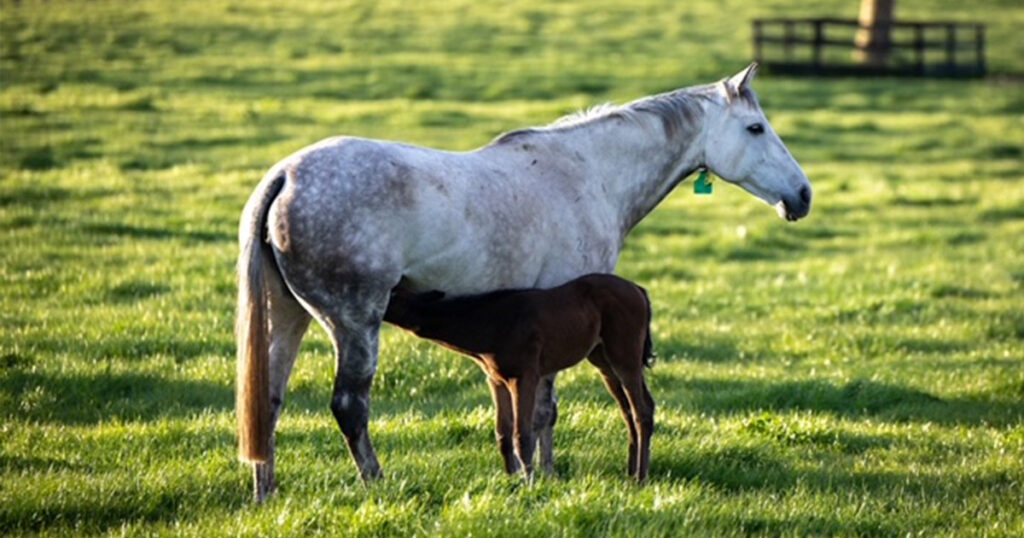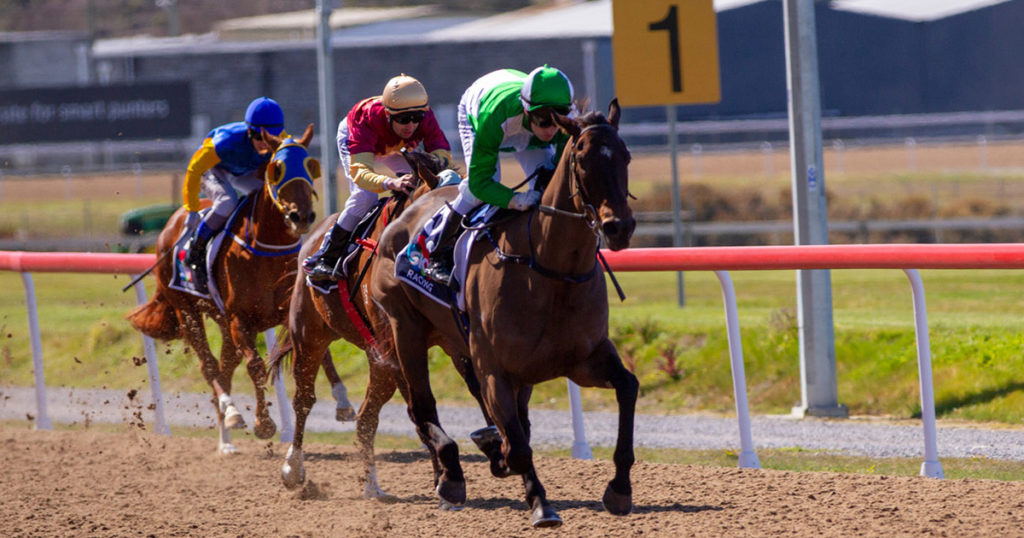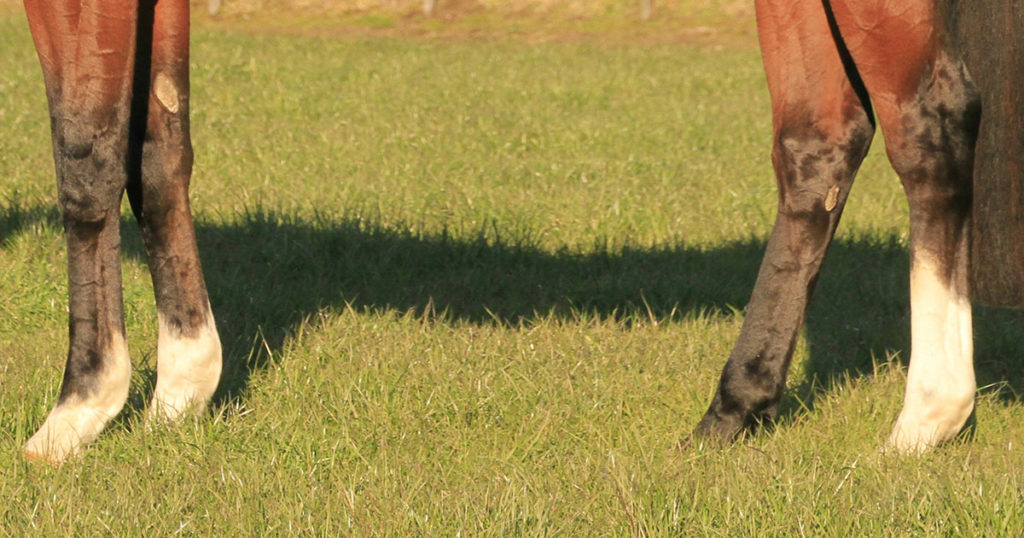How does travelling/relocating a broodmare prior to foaling influence a foal’s immune system?
In the lead up to and during breeding season, many pregnant mares are relocated to different properties from where they are normally kept, in order to be foaled down.
Mares which are to foal at properties different to where they are currently residing should be moved a minimum of 30 days prior to foaling. It is generally well accepted not to travel a mare close to foaling (due to increased cortisol levels in response to travel, which influence hormonal changes and can induce labour). What few people actually stop to consider is the importance of the environment the mare is kept in prior to foaling and the impact it has on her foal’s immune system.
The newborn foal is entirely dependent on the antibodies provided in the colostrum by its dam (unlike humans, foals are not born with any circulating antibodies) in order to prevent/fight infection.
The antibodies contained in a mare’s colostrum are active against microorganisms specific to that mare’s environment: whatever might be circulating on the farm she is kept on, as well as against pathogens the mare has confronted or been vaccinated against in the past.
By ensuring mares are moved in a timely manner to the property where they will foal, they are able to stimulate colostral antibody production to local pathogens, thereby helping to pass these onto the offspring, giving their foal’s immune system the best chance to ward off pathogens specific to the environment it is in.

Camilla Whishaw is a highly regarded, experienced horsewoman and naturopath, helping to holistically treat and manage a broad range of equine health conditions and injuries, with a passion for mare and stallion fertility.
As a world-renowned practitioner, presenter, author, and consultant in the field of Equine Naturopathy, Camilla shares her knowledge through keynote presentations, interviews, lectures, panel sessions, and workshop training.





